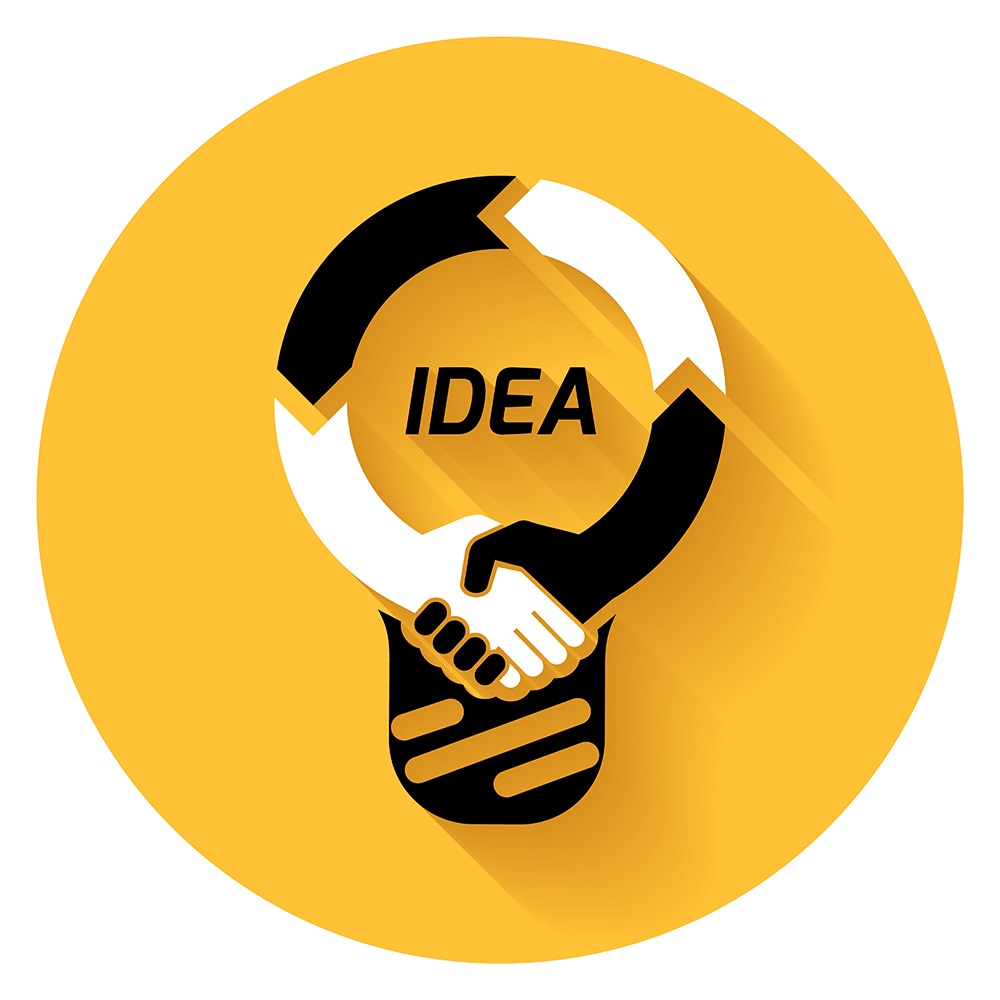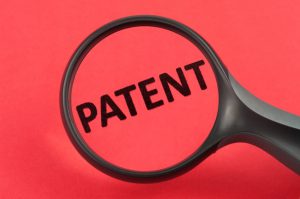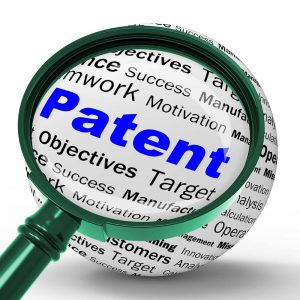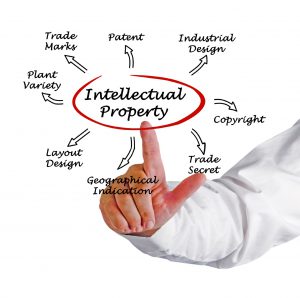When it comes time for product licensing, an inventor will already have been granted a patent for their invention and will be actively seeking out manufacturers with the means to produce their product. It is a very exciting time when an inventor is contacted by a potential manufacturer. There are a few questions to ask a manufacturer when they have expressed interest:
- Do they have shipping capabilities?
What this means is that a manufacturer has to have a way to ship the product, once made, to either a retailer or warehouse. If they do not have shipping capabilities this could be very costly to the inventor as they would have to work this out themselves.
- Are they willing to get into a licensing agreement?
A licensing agreement is a detailed contract outlining royalties and other pertinent information on how the product is made and what the monetary compensation will be.
- Are their headquarters located in the United States?
Most inventors apply for Provisional or Utility patents through the United States Patent and Trademark Office (USPTO), which are only valid within the United States. An inventor should only seek out potential manufacturers within the United States. Outside the US an inventor has no legal recourse if they turn their invention over to a foreign manufacturer.
If the answer is yes to all these questions, it is important that the inventor seek the advice of a patent attorney or a patent agent for negotiating the contract terms. LoneStar Patent Services works with a patent attorney already and is well versed in the ways that a manufacturer may contact an inventor.
What Ways Might a Potential Manufacturer Contact an Inventor?
- They may phone directly
- By email
- By regular US Postal Service
However an inventor is contacted, it is important to remember do not sign anything without seeking proper legal counsel first. There have been cases where an inventor has received documentation that was full of legalese and technical jargon that was extremely difficult to understand. Had the inventor not brought his documentation to an experienced patent agent first for explanation, the inventor, had he have signed and returned the document as is, would have given away the rights to his invention completely without even realizing it! Luckily this story had a happy ending.
When dealing with a potential manufacturer by phone or email, remember to ask the three questions above. Try to provide as little information as possible and never discuss monetary compensation with the individual on the phone. Save that conversation for your legal representative.
Do Your Homework
Research any potential manufacturers. Search online and also check with the Better Business Bureau. Also, check with your patent agent to see if they are familiar with them. Some things to research are:
- How long have they been in business?
- What do they manufacture? Do you recognize any of these items in the marketplace or are they more specialized? For example, a manufacturer that makes airplane parts is most likely not going to showcase everyday items.
- Have they had any bankruptcies?
This is the goal of every inventor; to see their product come into fruition and also be compensated for their efforts in the invention world. With a little research and with the help of an experienced patent agent, an inventor should be able to easily navigate the waters of idea licensing and reap the benefits.









